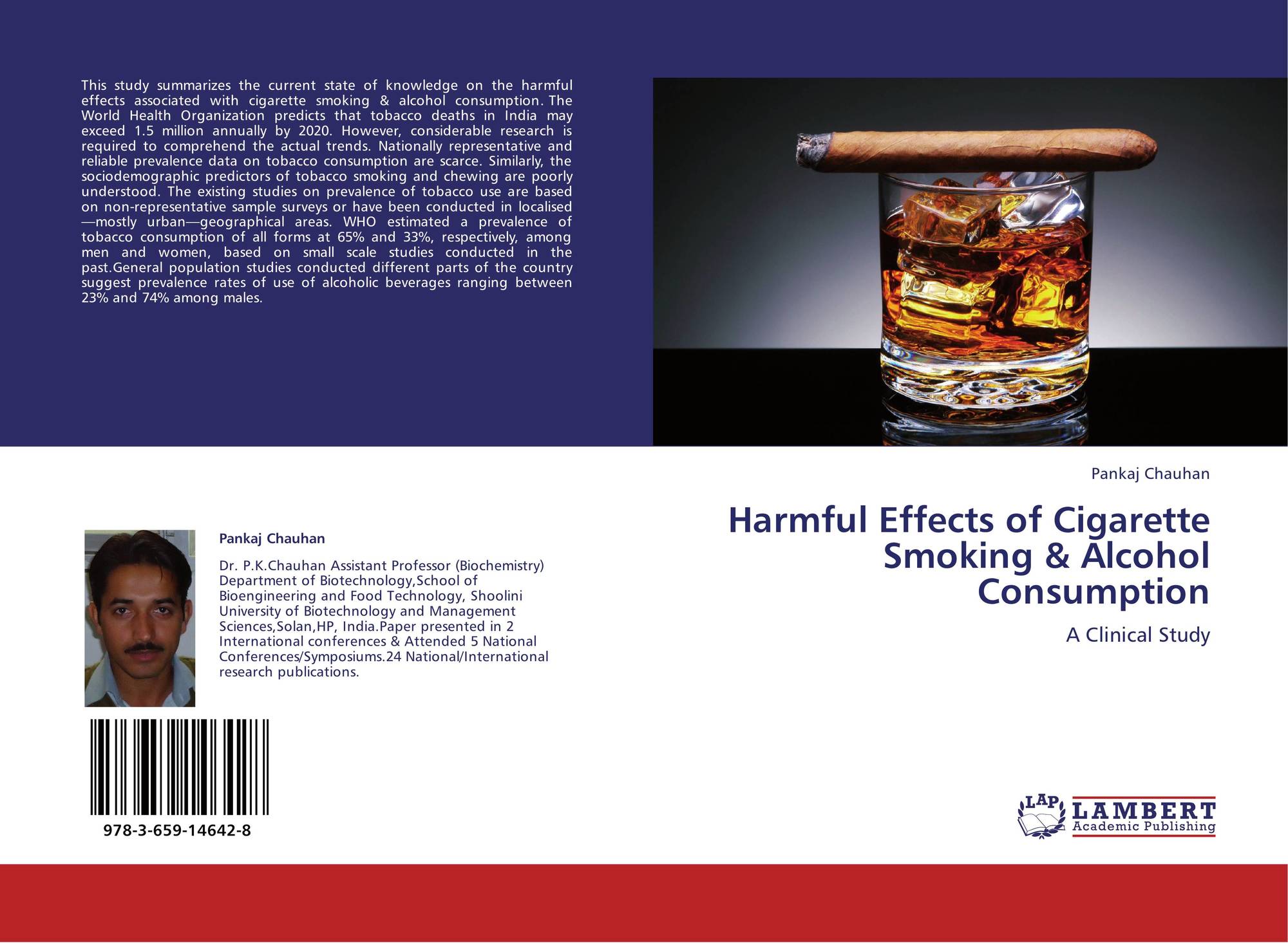


Cravings and other effects typically subside over time.Ī doctor or other healthcare professional can help a person take positive steps toward quitting smoking. These symptoms include cravings, increased appetite, and irritability. Nicotine is an addictive drug and can cause withdrawal symptoms when a person stops using it. After 15 years: The risk of heart disease is similar to that of someone who never smoked.


After 10 years: The risk of lung and bladder cancer is half that of someone who currently smokes.After 5–15 years: The risk of mouth, throat, esophagus, and bladder cancer is reduced by half.After 2–5 years: The risk of stroke drops to that of someone who does not smoke, according to the CDC.Coughing and upper respiratory problems begin to improve. After 1 year: The risk of a heart attack is much lower, as is blood pressure.After 20 minutes–12 hours: Heart rate and carbon monoxide in the blood drop to normal levels.Some other benefits of quitting smoking include: These include clearer skin, improved oral health, more stable hormones, a stronger immune system, and a reduced risk of many types of cancers. Once a person stops smoking, the benefits start accumulating. While quitting smoking can be challenging, the CDC reports that today, more people used to smoke than people who currently smoke.


 0 kommentar(er)
0 kommentar(er)
